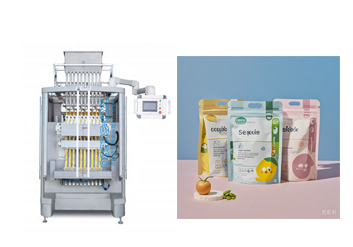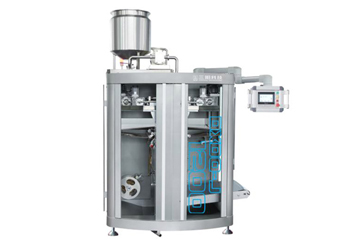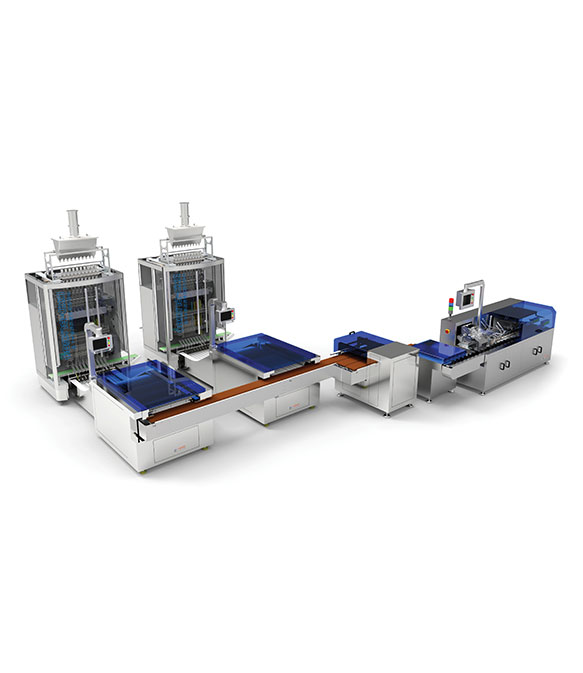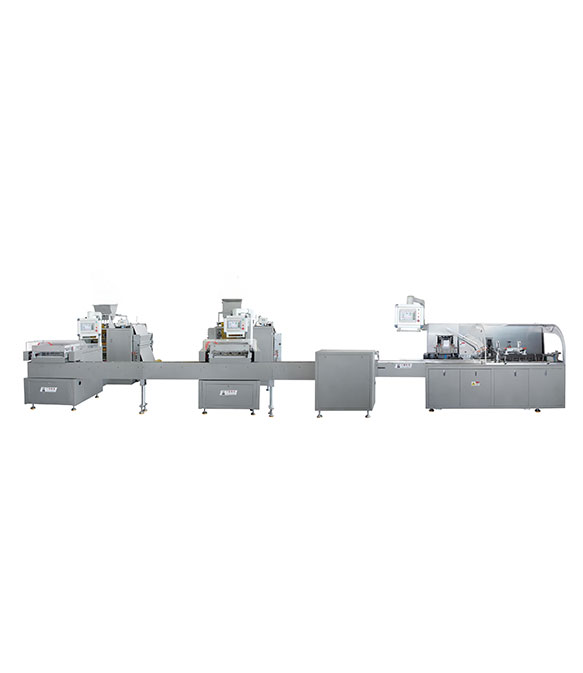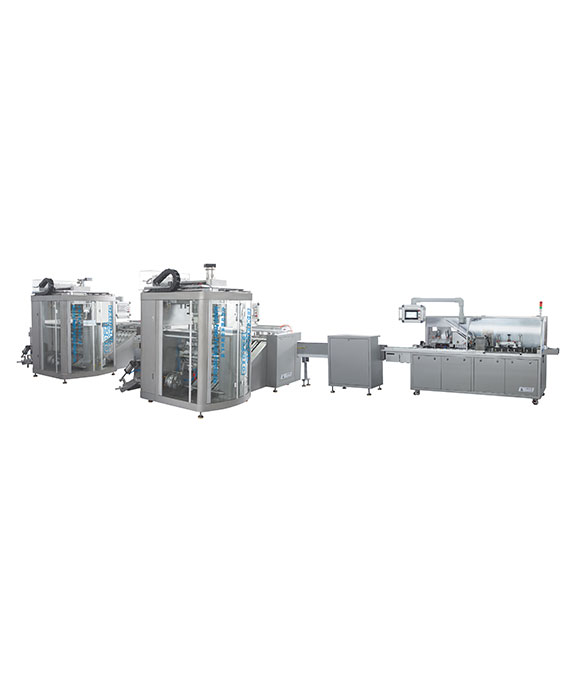The IP rating (Ingress Protection Rating) is an international standard (IEC 60529) that classifies the level of protection provided by enclosures of electrical equipment against solid particles (dust, dirt) and liquid (water, chemicals). It is expressed as "IP" followed by two digits:
• First digit: Protection against solid ingress (0-6, with 6 being fully dust-tight).
• Second digit: Protection against liquid ingress (0-9K, 9K can withstand high temperature and high pressure water jet).
Why Is IP Rating Important for Packaging and Filling Equipment?
1. Environmental Protection
• Dust/Dirt Resistance: In industries like pharmaceuticals, food, or chemicals, fine particles (e.g., powders, granules) can accumulate in equipment, causing motor failures, sensor malfunctions, or product contamination. A minimum IP54 (dust-protected) or higher (e.g., IP65/66) ensures internal components remain clean.
• Water/Chemical Resistance: Equipment may be exposed to cleaning agents, rinsing, or accidental spills (e.g., in washdown zones of food processing or corrosive environments in chemical plants). Higher ratings (e.g., IP67/IP69K) prevent water/chemical ingress that could damage circuits, rust metal parts, or compromise product safety.
2. Compliance & Hygiene Standards
• Industry Regulations: Standards like GMP (Good Manufacturing Practice) for pharmaceuticals or USDA for food processing often require equipment to be easily cleanable and resistant to contamination. A high IP rating (e.g., IP66) supports compliance by minimizing crevices where debris/liquids can accumulate.
• Hygienic Design: In washdown applications, equipment with IP69K can withstand high-pressure, high-temperature water jets used for deep cleaning, ensuring sanitization without damage.
3. Reliability & Longevity
• Equipment with inadequate IP protection may experience frequent breakdowns (e.g., short circuits from moisture, motor jams from dust), leading to downtime and maintenance costs. A suitable IP rating enhances durability, especially in harsh or wet production environments.
4. Application-Specific Needs
• Chemical Filling: For corrosive liquids (acids, solvents), IP66/67-rated enclosures with corrosion-resistant materials (stainless steel, epoxy coatings) add an extra layer of protection against chemical splashes.
• Food Packaging: IP65-rated machines prevent water ingress during daily washdowns, ensuring no bacterial growth or product contamination from moisture.
Common IP Ratings for Packaging/Filling Equipment
|
Rating |
Protection Level |
Typical Use Cases |
|
IP54 |
Dust-protected, splashing water (from any direction) |
General dry environments (e.g., basic tablet packaging) |
|
IP65 |
Dust-tight, low-pressure water jets (from any direction) |
Washdown zones in food/pharma, mild chemical exposure |
|
IP67 |
Dust-tight, temporary immersion (up to 1m depth for 30 mins) |
Occasional wet environments or accidental spills |
|
IP69K |
Dust-tight, high-temperature/high-pressure water jets (frontal spray) |
Stringent hygiene areas (e.g., meat processing, sterile pharmaceutical lines) |
Conclusion
The IP rating is critical for packaging and filling equipment as it directly impacts performance, compliance, and lifespan, especially in industries where contamination, hygiene, or harsh environments are concerns. Choosing the right rating (based on operational conditions and industry standards) ensures equipment reliability and safety while meeting regulatory requirements.


